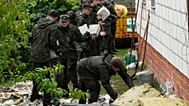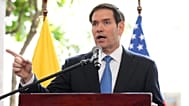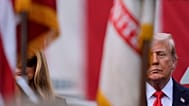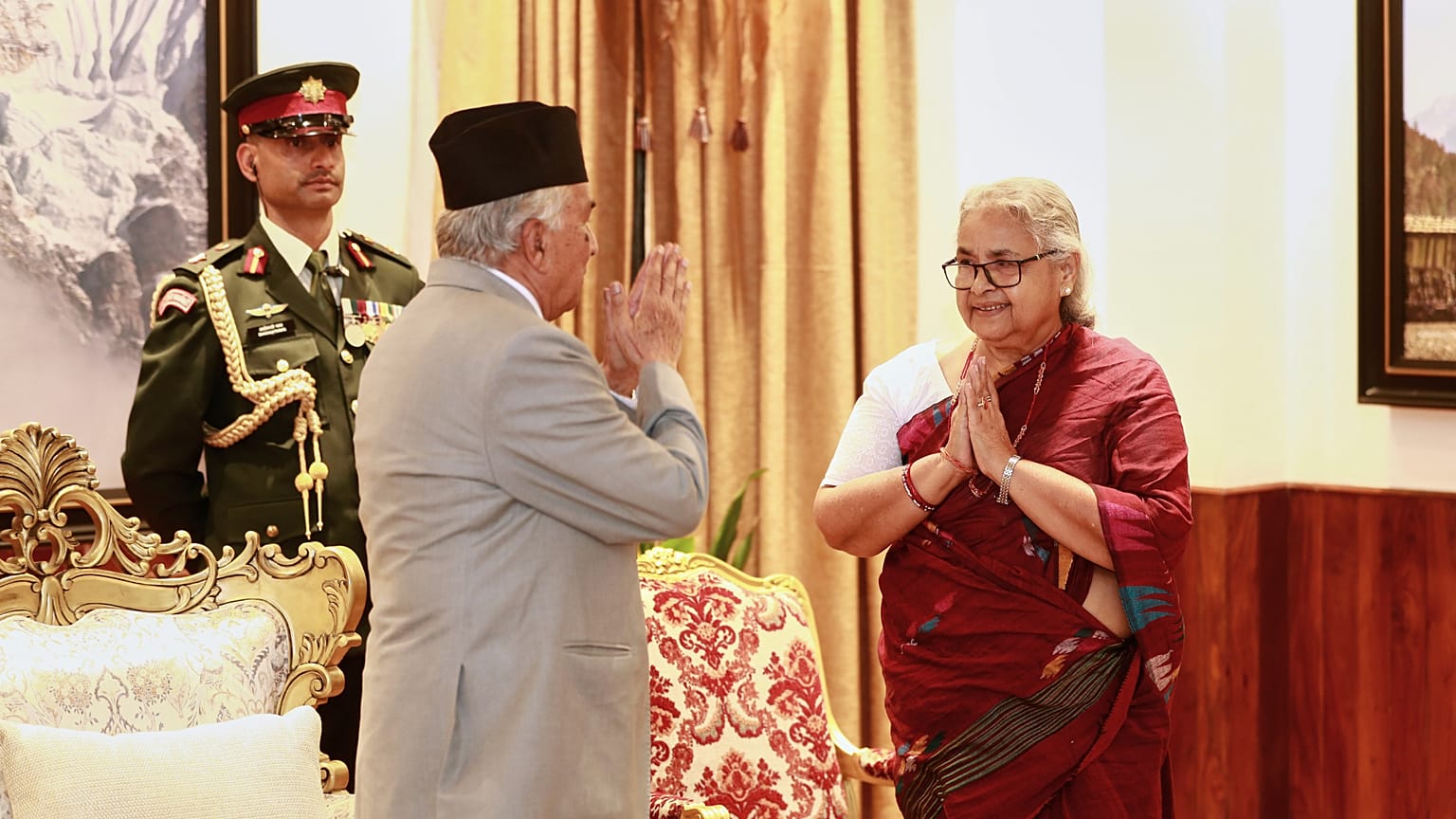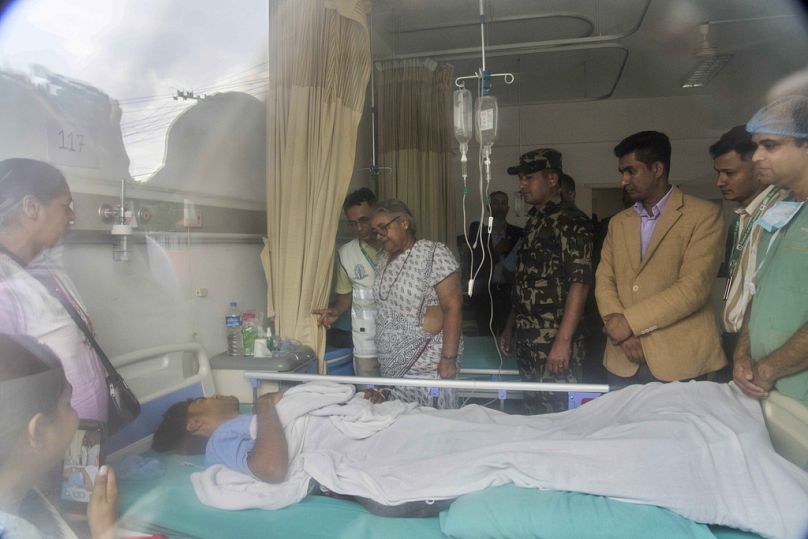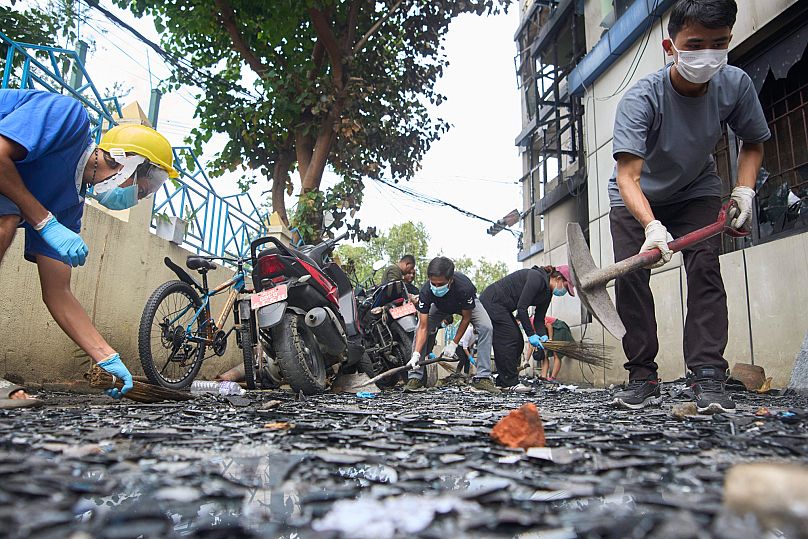Former Supreme Court Chief Justice Sushila Karki was the only female chief justice in 2016 and 2017 and was known for her stance against government corruption during that period.
 ADVERTISEMENT
ADVERTISEMENT
Nepal's first woman prime minister was sworn into office on Friday on an interim basis, as calm has returned to the country following mass protests that caused the previous government to collapse. On Saturday, authorities lifted a curfew implemented earlier in the week in the country's capital and surrounding areas.
President Ram Chandra Poudel appointed former Supreme Court Chief Justice Sushila Karki as interim prime minister and the first woman to head the Himalayan nation's government.
Poudel also set 5 March as the date for elections based on the recommendation of the new prime minister. The most recent legislative elections were held in 2022.
Karki, a popular figure, was the only female chief justice in 2016 and 2017 who was known for her stance against government corruption during this period. Some lawmakers unsuccessfully tried to impeach her in 2017 amid accusations of bias. The attempt to impeach had been criticised as an attack on the judiciary.
On her first day, Karki visited injured protesters at the Civil Hospital in the capital, pledging to do what's best for the country, "I will work with everything I have," she said.
Street demonstrations, dubbed the 'Gen Z protest,' broke out in the country's capital Kathmandu on Monday. A social media ban imposed by the government the previous week had been the final straw for Nepal's youth, who expressed broader grievances with the government over a range of issues, mostly to do with corruption, unemployment, and frustration with the country's political elite.
Many young people also expressed anger over the lavish lifestyle political leaders and their children, who they call 'nepo kids', seem to enjoy, which they often flaunted on social media, while most youth struggle to find work.
Tens of thousands of protesters blocked roads, stormed government facilities, and torched government buildings, including the parliament, politicians' homes, and businesses.
Violence over the past week also resulted in 51 deaths, many of whom were protesters killed by police fire. Other were inmates trying to break out of the main jail in central Kathmandu after they overpowered police guards and set fire to buildings with cells and guard houses. Three police officers were also killed, authorities reported.
On Tuesday, Prime Minister Khadga Prasad Oli resigned and fled his official residence. It marked the start of negotiations between protesters, the army, and the president over an interim government.
The curfew, which was enforced by the military late Tuesday and gave residents a few hours per day to leave their homes to buy essentials, was lifted by Nepalese authorities on Saturday.
Nepalese society has largely returned to its usual daily routine, and videos circulating on social media show protesters cleaning the streets following days of unrest.

